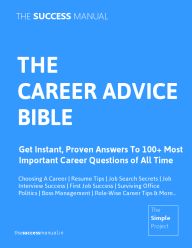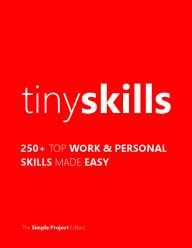On January 24, 2018 By newswala Topic: Media, Onlinejournalismhandbook, Journalism
These are the days of the internet, which will make or break many a journalist's long-term career prospects. The online news medium is noted for its speed and catchment area - for example, a breaking news appears fastest on the internet and is capable of being spread all over the world, in a matter of seconds and clicks. If you have something original to say, think about the audience.
The Bigger Tent: Forget Who is a journalist; the important question is, What is journalism?
Find the influencers. Ask yourself "If it’s a celebrity story, which online community might find the story interesting? If it’s a breaking news story, which news organization should be contacted? If it’s a community story, who in the community might be interested?"
Promote on Social networking sites (http://facebook.com, http://orkut.com, http://linkedin.com, http://twitter.com), social news sites (http://digg.com, http://reddit.com) and social bookmarking sites (http://del.icio.us). The online journalist can always be found making friends online.
Bloggers who have made their names online did not have any journalism degree. People like Seth Godin http://sethgodin.type.com (Marketing guy), Dave Winer: http://scripting.com (Tech Geek, One of the first, if not the first blogger), Steve Rubel http://micropersuasion.com (PR Guy), these people took to blogging for what it is, writing well, writing original posts and writing on a frequent basis, eventually making a name and developing a following online. Share with fellow writers and journalists.
5. Know the topics your community (formerly called the audience) is interested in. Also learn what it is saying about you
6. Learn gradually the rhythm of the news flow on the internet: The modern online journalist knows she has to come up with 2-3 great, original stories every week. Fo that she has to read as much as she can. This means setting up fully stocked RSS reader (http://reader.google.com) with feeds from all resourceful sites pertaining to your beat. It is not uncommon for a resourceful online journalists to be subscribing to 500+ sites and she will be updating her feed list on a regular basis.
7. Learn advance storytelling on the internet: Putting video from other sites like http://youtube.com is pretty easy. Every video has code, which you have to paste in your post, wherever you want it. If you follow the example of the best multimedia and get a hang of the kind of multimedia the internet love [hint: look up the video and audio section on http://digg.com), you will be posting your own audio/video stuff on the internet in no mean time. Search for 'mindy mcadams' on Google who is a great teacher of multimedia journalism.
Other forms of content you can add to you article are photos, polls, interactive features and games. If you can attribute the source of these items in your post, and if the owner has no issue, you can add these easily. If you are looking for free images, start by searching "creative commons" on Google. The online journalist is aware of copyright issues.
8. Learn the basics of html design: You won't be needing this straightaway but in your spare time, try to learn a little about CSS and basic html coding.
9. Learn the basics of web business: Start by learning what readers read on your blog using free tracking software such as Google Analytics or Statcounter. All you have to do is insert the code provided by these services into your blog. Then, read about topics such as SEO (http://seobook.com), SMM (in plain words, it is about coming up with posts with headlines like "10 most amazing....." and submitting them to the social news sites), keyword research, affiliate marketing, Adsense secrets - Google these topics every day and you will learn a lot about how to make money from online. But remember the fundamental, write great, original posts about topics that a lot of people would ' benefit' from.
10. Finally, the modern online journalist never stops reading. In fact, she is a master of reading more than she writes. The modern online journalist is forever looking for agreeable ways of standing out online.
Bonus: As you start and advance on your new journey, as you produce more and more stuff online, you must mention all this on your online resume in places such as http://linkedin.com.
Create a special page on your blog where you aggregate links to your best work online - stories, websites, videos, audio, photo portfolio as well as your own resume as a blog post. Of course, at the end of it, your blog is going to be your best resume.

